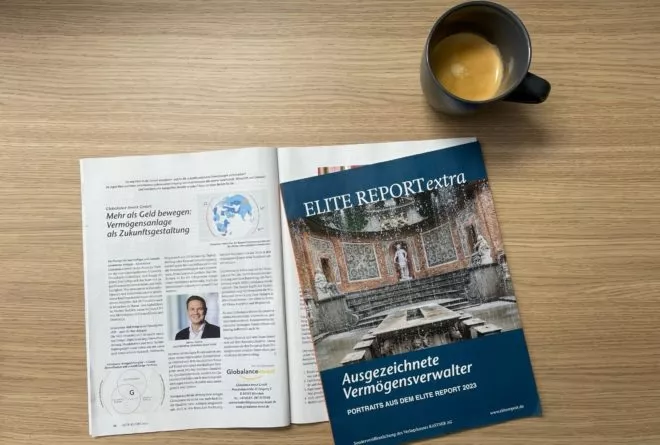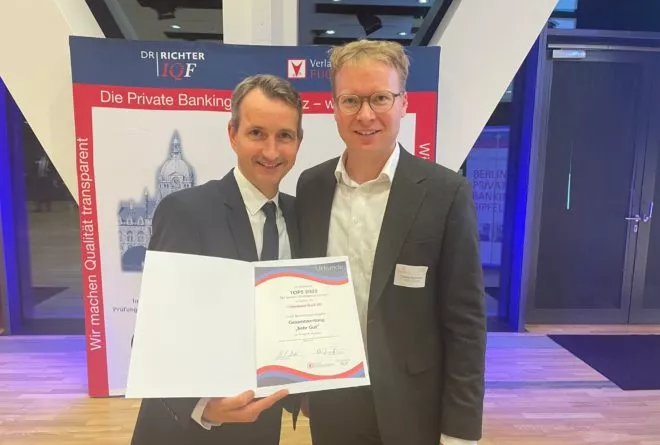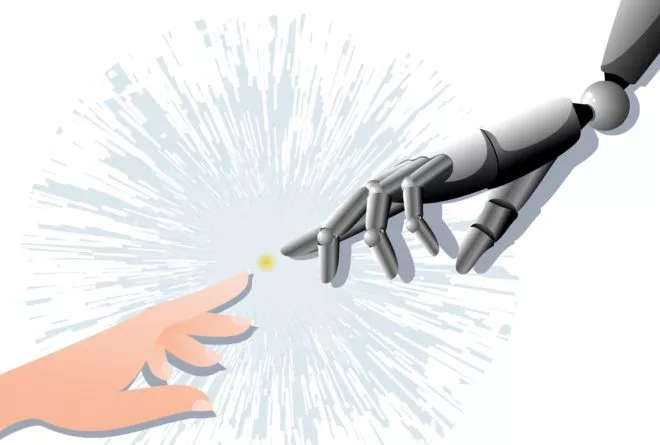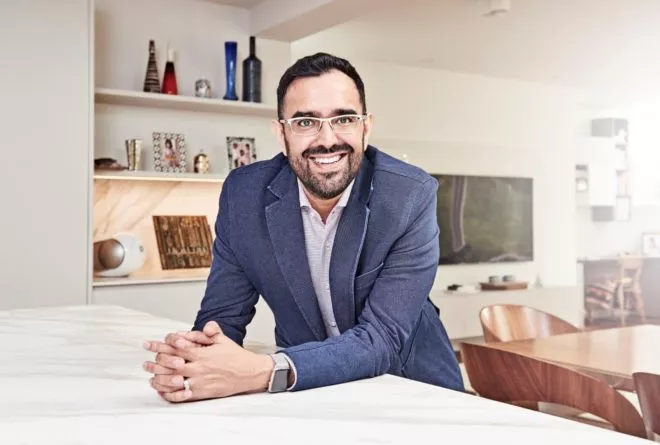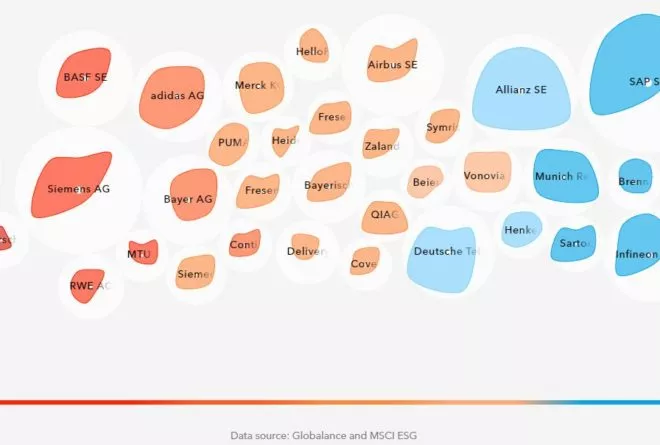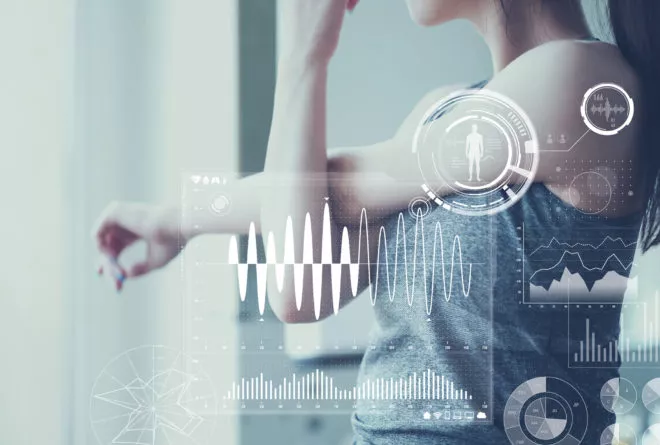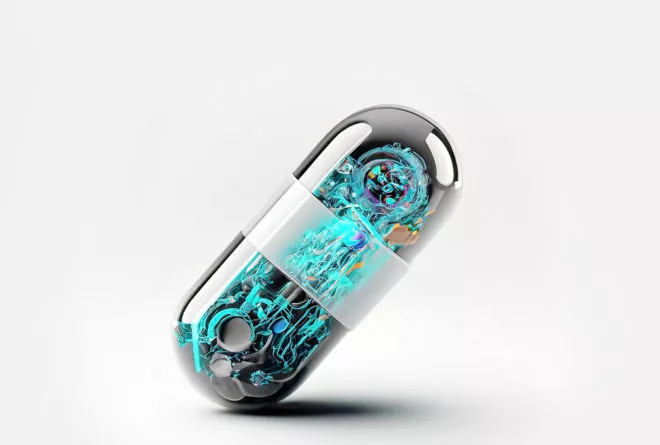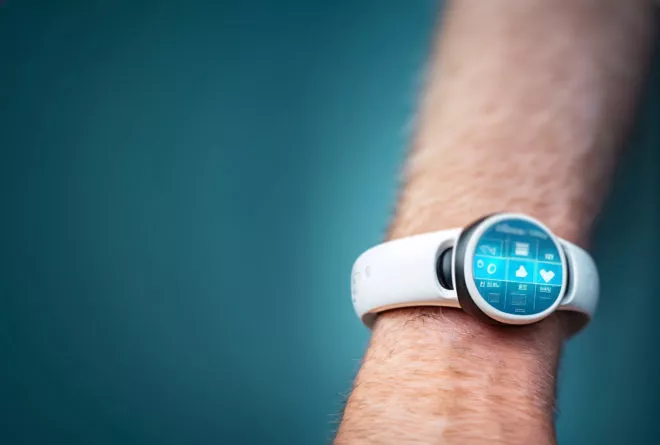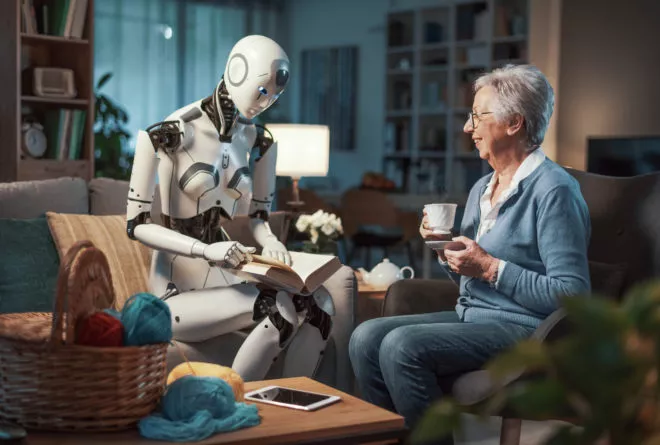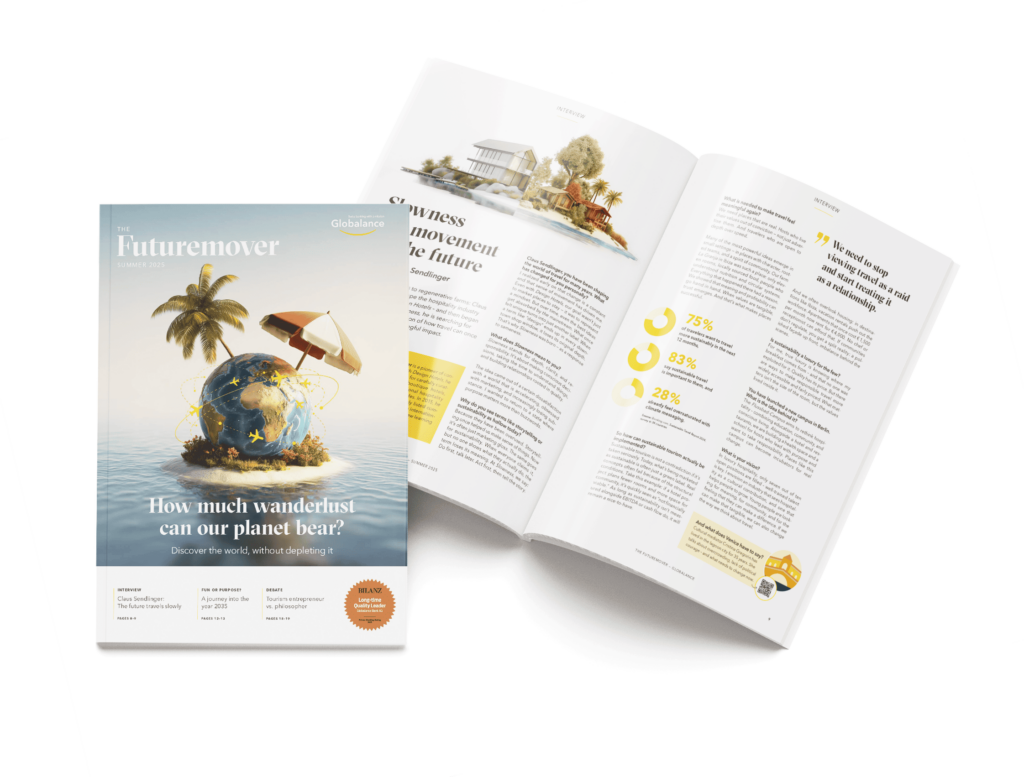News & Trends
The Silent Medical Revolution
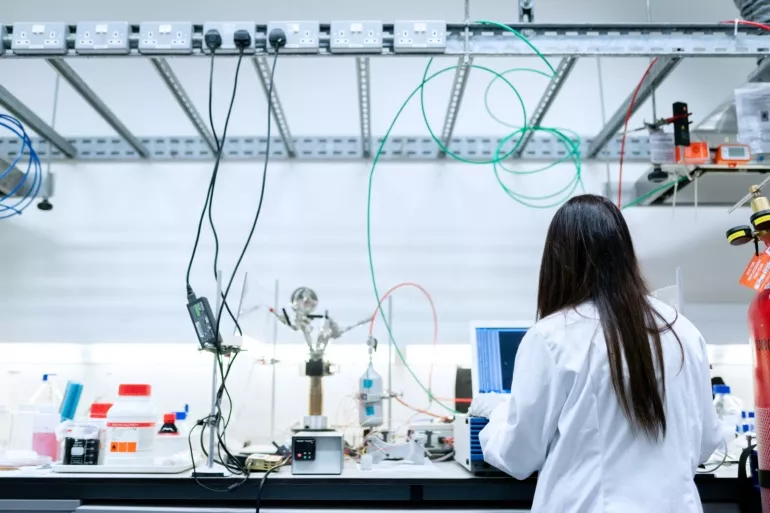
ARTIFICIAL INTELLIGENCE IS A GAME-CHANGER IN HEALTHCARE. The sector could become a prime example of how technology can make people’s lives easier and reduce social inequalities
AI diagnoses skin cancer more reliably than specialists, a robot scores top marks in medical theory tests and an algorithm estimates the chances of a coma patient waking up more realistically than the medical profession. These are not utopias at some point in the future, but real examples of recent cases. They show one thing above all: artificial intelligence has huge disruptive potential in medicine.
This offers unprecedented creative freedom. Why does a doctor still need to swot up on knowledge when they can also access it in digital databases? Why track your sleep two or three times in a lab when your smartwatch can do it all year round?
AI correctly diagnoses skin cancer in 95 % of cases — humans in 87 %.
Four Key Areas of Application
In a recent Inside Report, the World Economic Forum (WEF) identified four areas as the most important use cases for sustainable, multilateral cooperation. These are AI-guided diagnosis, risk stratification, clinical trial optimisation and outbreak clarification and prediction.
The example of skin cancer mentioned at the beginning of this article illustrates how a diagnosis made by AI can trump human expertise. In the study, which was published in the scientific journal Annals of Oncology, the programme was fed a large number of images and the corresponding diagnosis. Once trained, it was able to correctly interpret new images 95 per cent of the time. The 58 experts achieved 87 per cent.
Experts use the term “risk stratification” to determine which factors lead to which course of the disease. Genetic tests are already providing answers to the question of which diseases we carry within us and which treatments we are likely to respond favourably to. This leads directly to more personalised and therefore more targeted medication. AI could also be used to make it easier to identify and recruit suitable study participants by systematically searching medical databases. In the event of an outbreak of infectious diseases, algorithms are also able to recognise patterns faster than we can and make well-founded predictions based on this.
AI frees up capacity and enables research into rare diseases that are currently financially unattractive.
How the Healthcare System Is Changing
These and other areas of application are likely to have as profound an impact on the world’s approach to disease as the advent of the smartphone has had on our communication behaviour. The great hope is that an AI-powered healthcare system will reduce the gap between the rich and poor by freeing up more capacity overall and because the rapidly advancing technology massively reduces costs. This could also lead to research into rare diseases that are currently financially unattractive. AI can help to alleviate the care crisis, exploding healthcare costs and increas ing resistance to antibiotics. In general, prevention will become more important — be it through early risk assessments or with the help of technological gadgets that provide us with health-promoting tips.
The fear that humans will become obsolete in this system at some point falls on less fertile ground. People remain central to our human needs as we need an empathetic counterpart to build trust and feel that we are in good hands. Where machines relieve humans of time-consuming tasks, there will — hopefully — be more time for the latter for dialogue and care.
Regulatory Obstacles and Other Hurdles
However, because we are working in such a sensitive area in the healthcare sector, AI also has some major hurdles to overcome. Besides the need to channel and focus data across borders, what is lacking most at the moment is a regulatory framework. There are many efforts underway around the world to determine how highly sensitive data should be handled. Beyond the legal issues, there are also ethical questions that we as a society need to discuss. Can we forgive a machine the same mistakes as a doctor? And what do I personally do with the information that I have a 50 per cent chance of getting cancer — or even that I already carry a certain disease?
The story of the protein folding problem shows how much there is to gain by actively tackling this issue. This is a core problem in biology — specifically, how to predict the folding of a protein from the given amino acids — that was thought to be almost unsolvable. Deep Mind has solved this problem for virtually all endogenous proteins with the AlphaFold2 algorithm, making it one of the biggest scientific breakthroughs of the century.
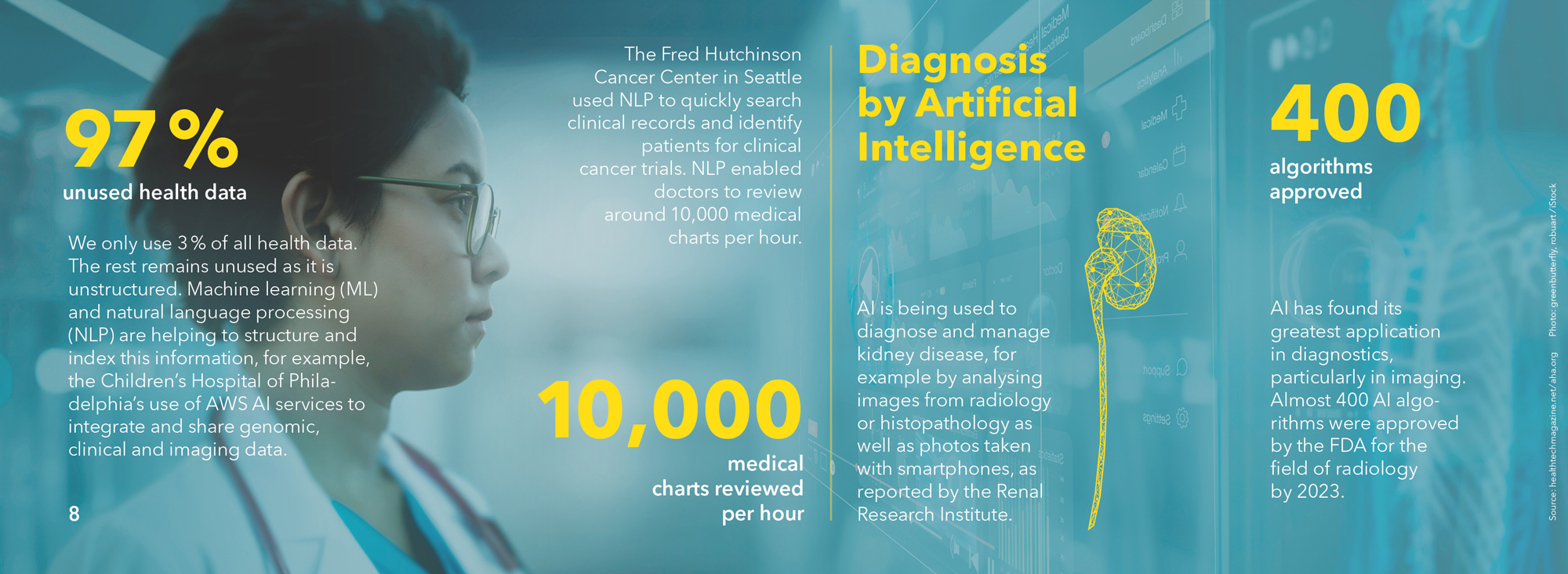
The Globalance View
The human factor is the biggest source of error with technological applications. Self-driving cars have been proven to cause fewer crashes. Aircraft accidents are mainly due to human error. Doctors are also only human, as the saying goes. The use of artificial intelligence is not controversial if it prevents us from making mistakes. The principle must be: technology is there to support, improve and simplify. When selecting companies, we explicitly pay attention to their secure handling of data and robust risk management through sensible guidelines.
Discover the revolutionary changes in medicine and much more – subscribe to our magazine to receive regular updates on the latest developments and insights into the world of healthcare innovation as well as innovations in other exciting areas. Magazine only available in German.

